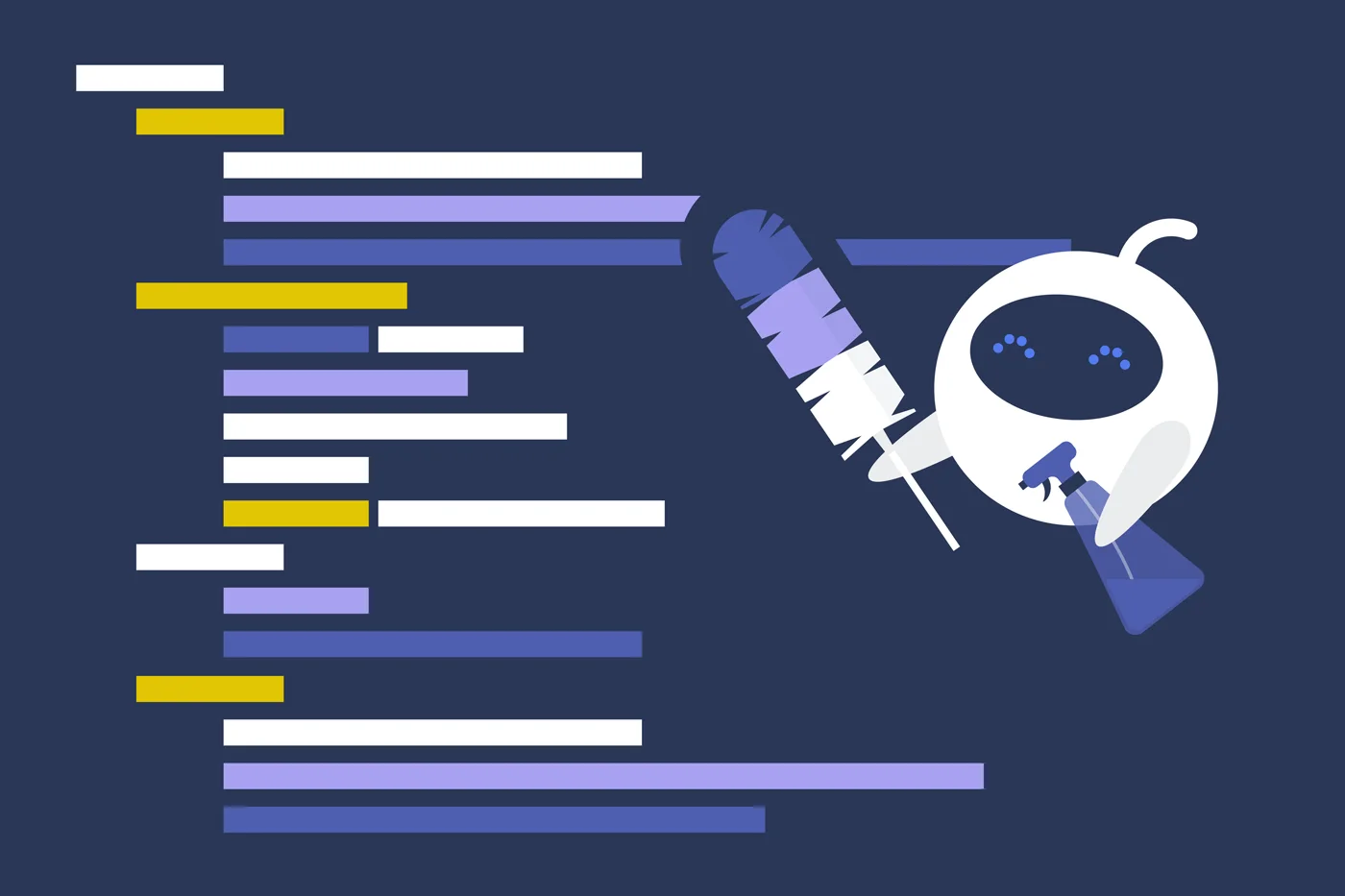When you look at a website, most people focus on design, colors, or content. Rarely do they think about the code behind it. Yet, clean code isn’t just a developer’s preference, it’s a secret weapon for SEO, performance, and user experience.
What “Clean Code” Really Means
Clean code refers to writing HTML, CSS, JavaScript, and PHP in a structured, readable, and efficient way. Key aspects include:
– Proper HTML Structure: Using correct heading tags (H1, H2…), semantic elements (header, footer, article), and meaningful attributes.
– Schema Markup / Structured Data: Adding metadata that helps search engines understand content context, like products, events, reviews, or FAQs.
– Efficient PHP & Scripts: Writing modular, optimized PHP code that generates pages without unnecessary queries or loops.
Every one of these elements affects how search engines crawl and rank your site. Messy, unorganized code can hide content from Google or slow down indexing.
Why Clean Code Matters
– SEO & Search Rankings. Search engines don’t see websites the way we do—they read code. Pages with clear, structured, and semantic HTML are easier to crawl. Schema markup gives your site an extra boost in search results with rich snippets.
– User Experience & Engagement. Clean code loads faster, renders properly across devices, and avoids display glitches. Visitors don’t notice code, but they notice slow, broken, or inconsistent pages.
– Maintainability & Scalability. Well-organized code is easier to update, extend, and troubleshoot. This means faster feature additions, fewer bugs, and a smoother long-term experience for your team and clients.
– Security & Reliability. Efficient PHP and sanitized scripts reduce the risk of vulnerabilities, helping your site stay safe from hacks or downtime.
Common Signs of Dirty Code
– Excessive nested HTML tags or inline styles.
– Bloated PHP files with repeated queries or unnecessary loops.
– Missing alt attributes, headings, or semantic tags.
– Lack of structured data for key content types.
– Unminified CSS or JavaScript slowing down the page load.
Clean code may be invisible to most visitors, but its effects are visible everywhere: faster load times, better search rankings, richer search results, and smoother experiences.



